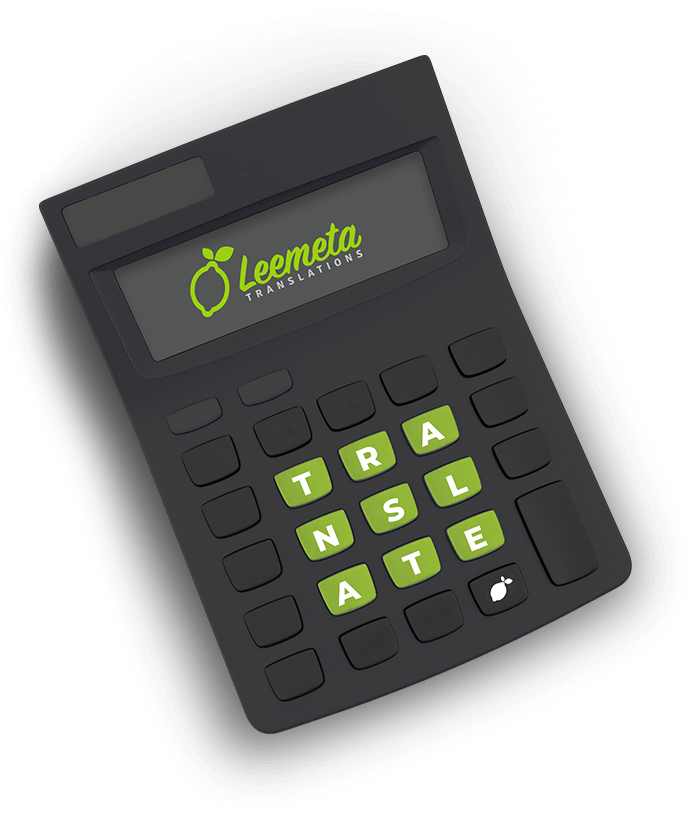First of all, no one’s perfect and no one’s immune to making mistakes (in any language or in any field, no matter how proficient one might be). The aim of the article is to show some of the most common mistakes English learners (and native speakers) make in written or spoken language. The list is based on experiences with ESL students, but also on web-based sources and conversations with eager learners. It has been compiled to refresh your knowledge and to remind you to double- or even triple-check if the below grammar teasers come your way.
What a mistake-a to make-a
(The sub-title is borrowed from the once-popular British sitcom, 'Allo 'Allo!; the quote was famously delivered by Captain Alberto Bertorelli.) The list of common mistakes below is not comprehensive and other examples may come to your mind. You may add them to the comments section below. So, “listen (read) carefully, I shall say (write) this only once.” (Simply couldn’t resist using another famous quote from the same show; this one is attributed to Michelle Dubois of the Resistance.)
“It’s” vs. “its”
You may know the difference in theory, but in practice these two little rascals cause a lot of confusion. They say this tends to confuse even the best of writers. Bear in mind that “it's” is a contraction and is used where “it is” would normally be used. The apostrophe tells us that part of a word has been removed.
Example: It’s raining cats and dogs.
On the other hand, its without the apostrophe is a third-person singular neuter pronoun, standing in for inanimate things or ideas.
Example: My dog never eats from its bowl, it prefers our plates.
“than” vs. “then”
The trouble with this pair is one of the most common in written language. But that should not be anyone’s excuse, nevertheless. “Than” is a conjunction used mainly to make comparisons and to say that one thing is better, higher, finer “than” another.
Example: This party turned out to be better than I had expected.
“Then”, however, is an adverb we use to put actions in time.
Example: She said she doesn’t know the man, but then she remembered something about him.
“they're”, “their”, “there”
At number three, meet the perplexity trio. The first one is a contraction for “they are”; the second is a possessive pronoun and refers to something owned by a group; and the third one is a mischief-maker itself, because it can be an adverb, pronoun, noun or adjective, and even an interjection, but it is usually an adverb that refers to a place.
Example: They're a really funny bunch. I just can’t wait to get there and see their goofy faces!
“you’re” vs. “your”
The above pair actually falls into the same category of confusion as the first pair on our list and the first two words in the third example. “You’re” is a contraction used instead of “you are”, while “your” is a possessive pronoun, and refers to owning something. Simple as that.
Example: You're always one step ahead of me.
Example: What’s that strange-looking stain on your window?
Whose vs. Who's
Dilemmas of the similar kind have already been dealt with here, but it’s never in vain to refresh the ABCs of English grammar. “Whose” is a possessive pronoun used to assign ownership to someone, and “who's” is a contraction for “who is”.
Example: Whose party is this? Who’s making all this noise?
“to” vs. “too”
Sure, all of us have at some point lost an “o” of the wordlet “too” when writing in a hurry, but the mistake often goes beyond that. Here’s the lesson:
“To” is used before a noun or verb to describe a destination, recipient, or action.
Example: My new neighbour told me to go (action) to hell (destination), but I passed the invitation to him (recipient).
“Too”, on the other hand, is an adverb used instead of “also” or “as well”. It is also used to describe an adjective in extremes.
Example: She’s a winter person, too. Summer is simply too hot for her taste.
Note, however, that when “too” is used to replace “also”, the general rule is to use a comma both before and after, except if it is the last word in the sentence, which, of course, ends with a period.
“loose” vs. “lose”
Yes, they are spelled so similarly, but in English that’s no news. Stop being loosey-goosey and make sure you never confuse the two again. Their meanings are completely different!
Example: I promise not to lose my cool (a verb that means to be unable to find something or someone, to fail to win and so on; also think of loser, it might help), but this harness is too loose and I’m afraid it is not safe (an adjective that means not tightly fastened, attached or held).
“affect” vs. “effect”
These two make a lovely pair as well. Most people confuse them when they talk about something that is changing something else, as in: “His story seriously effected me”. But this sentence is incorrect. You should use “effect” when you talk about the change itself, as the noun. “His story had a serious effect on me”. When talking about the act of changing, as a verb, use “affect”, such as in: “His story seriously affected me”.
“assure” vs. “insure” vs. “ensure”
Here is another tricky trio. Truth be told, all of them refer to ensuring an outcome, but they are not interchangeable.
“To assure” is to promise or say with confidence, “to ensure” means to make certain, “to insure” means to protect against risk by paying regular insurance premium.
Miscellaneous
Let’s also use this opportunity to glimpse at most common non-verbal mistakes. These involve the use of punctuations, such as semicolons to connect two independent clauses; commas, which are used in a variety of ways, which is why they often cause confusion; the use of en dash (-) vs. em dash (–); or the interesting concept of dangling modifiers, all of which would deserve an article of their own. Let’s wrap it all up with a few honourable mentions of other frequent verbal mistakes, such as the use of “less” vs. “fewer”, the use of “I” vs. “me”, the use of “between” vs. “among”, etc.
Testing, testing, one, two, three
Finally, let’s put all that knowledge into use. Choose one of the underlined options to make the sentences complete and sensible.
1. It’s/its funny how things work out sometimes.
2. He wore a woman's loose/lose gown. Whose/who’s dress do you think it was?
3. Their/there is no one here who understands me. They’re/there all just fixated on themselves!
4. I assure/ensure you that I have been honest about my love life.
5. I decided to insure/ensure my cat. Do you think I am loosing/losing my mind?
Solutions:
1. It’s funny how things work out sometimes.
2. He wore a woman's loose gown. Whose dress do you think it was?
3. There is no one here who understands me. They’re all just fixated on themselves!
4. I assure you that I have been honest about my love life.
5. I decided to insure my cat. Do you think I am losing my mind?












